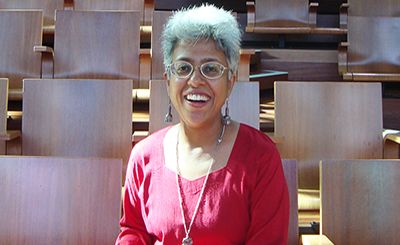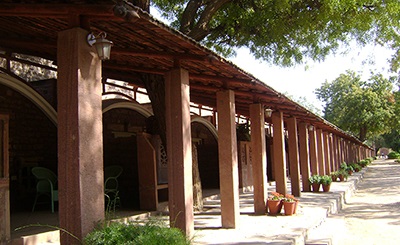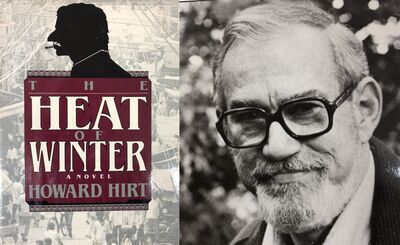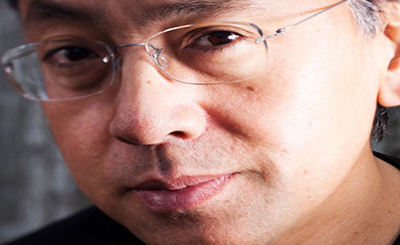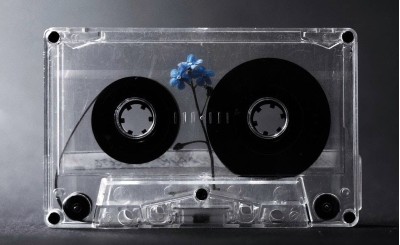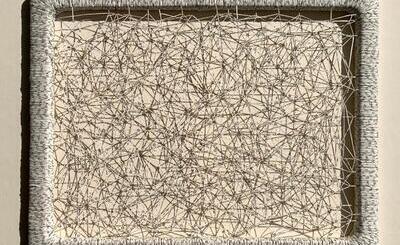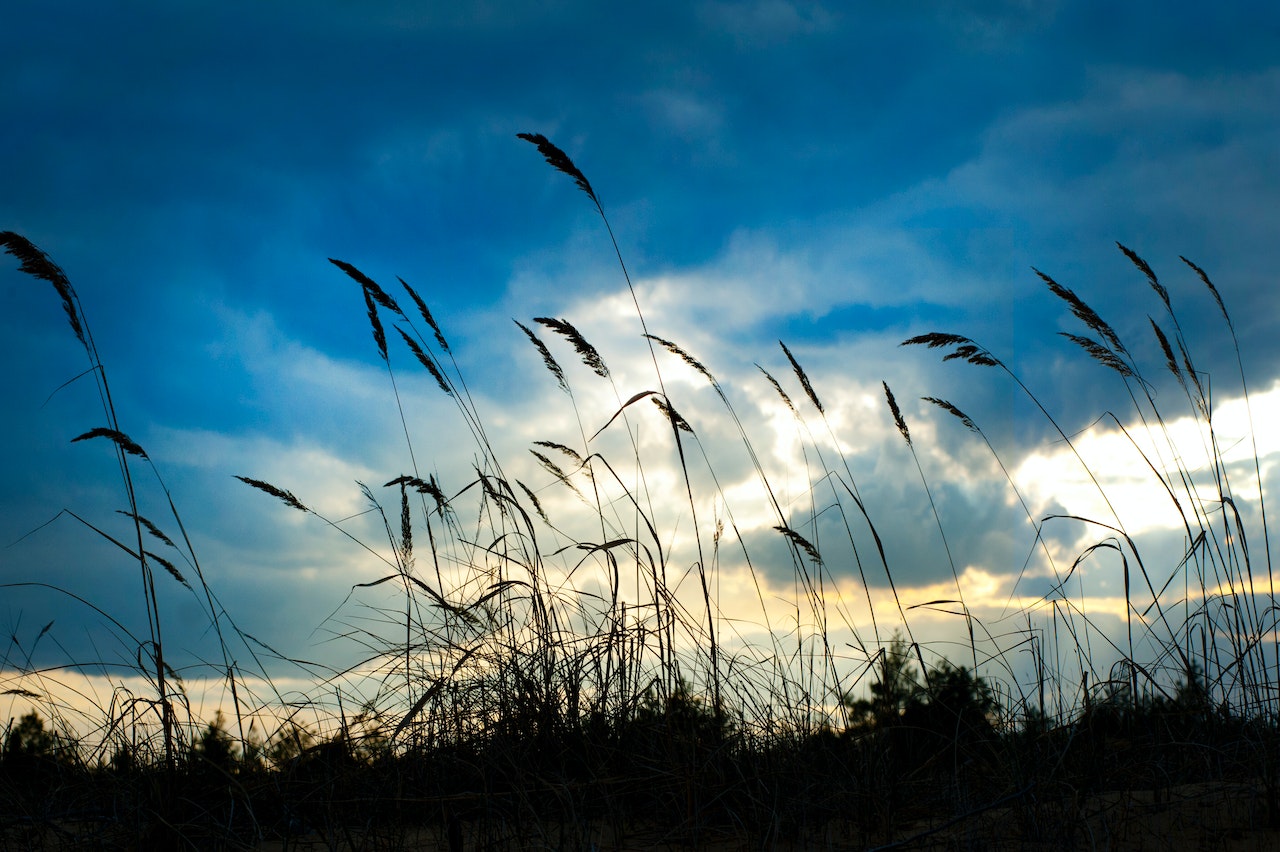
Dear Wind, Go Slow
Falling like an autumn from Mahogany
I lie on the ground
the way a lover is glued to his beloved’s breast
thudding & brimming.
Gravity makes me lighter
Grasses stand into my mouth
biting skin
touching & leaving.
The soft ground turns lifted
amidst the protective quiet, when
the lowing sun flickers from hiding
across garden path &
raising grasses inscribe scripture:
Beyond the line, above
where sky makes deep connection
I would climb to see
how air sculpts feeling.
The nearing horizon dizzies my lips, and
the solace of open space stirs my leisure.
How do I belong here?
Sky sings how land can be rescued.
Earth sings how we can be more capacious.
Path sings one’s dirt is another’s heart.
Dear wind, go slow.
I stop developing myself here
under this tree and open sky.
Earth
The voice of earth is on my skin
in the garden where earth deliberates
what is to be like soil, how
molecular heaviness works, and how
elements remain as open notes.
What isn’t restored in soil is misplaced
deep inside, thudding with frictions
what we call emotion and
nature might call pearly moment.
This earth, swimming with moisture, is home
to shimmering joys left in childhood
and drizzling warmth under veins
without fully knowing what is to be feeling into soil.
To remain in full response to earth — its
permanent and ancient form of nature is
like listening to earth’s song
to feel woven into its fabrics, and
to be aware of my own incomprehension
that grows my reverence for it, which
I want to emulate to be clear-sighted.
To call soiling lousy and meaningless is
like forming a belief that
refutes what soiling can hold:
Earth is made of intersection, not of
enclosure.
Lightening
Day has ended;
evening inhabits a century-old gloom by lightening.
The leaned tree-yard intensifies monsoon,
splashing and making
tree-tops condensed by an oath.
A coconut tree goes frenzy, and
maddens the wind by its wild swings.
I don’t know if it’s a sign of glee or sorrow
because it’s always hard to hear a tree-heart.
I’m worried for the myna-nest, that recently
found home in its branches,
and its whereabouts after gust.
I need to check next dawn, when
I will be out for flowers, to see
if the nest is alright or on ground.
By the time in the room
the timidity of lamp reveals its vulnerability
which you guard from free-flow.
I’ve opened the unruly window for rain
to feel how to be blown away
from inside.
Lightening flickers into room
and reveals your drenched face, and your saying:
why you look at me this way, to my answer:
to see who carries more light—
the depth of clouds or your eyes?
In the corner of our window
where an ant swims in a few drops of water
in search of land
I want you to save it
by offering two sugar grains.
Outside
lightening and clouds conjoin for something innumerable,
something magical. Some ethereal music is nearby.
Give me a paper, and a pen, and the light of the lamp, and
let me write tonight.
The Sun Loses to the Fireflies
At sundown
evening dips in fireflies, that reminds
what darkness can do, and how
sight shows thickness of evening.
Standing on feet, on terrace
I feel the darkness upon me as though
darkness is a deeply wounded book,
grieving for harm done;
as though darkness enthuses the means
for fathoming myself
and the sense of gnaw that falls upon
after an immense weight of standing still.
I feel the darkness upon me
as though the sun loses to the fireflies
and their profound zeal to beautify
their perpetual indiscipline shows
an organic chaos; as though the fireflies
know how to emerge from ignorance
to shiny multitudes.
Looking in Is Looking out
Once we know how to look in, our life is about looking out.
In a south-faced room by the lake, with windows
of heart being opened in the lap of mountains, I,
attended by a quiet music and nourished by breathing,
look out across water, under the nestle of trees, as a part
of natural world to collect rain.
This is nowness. This
is a way of submitting oneself to nature, that
needs no force, no practice, no endeavour, no unhealed emotions, no
special touch because nothing is untrue here. To feel it
is to remain still. True joy is in this stillness, not in haste.
Our act of seeing is both looking in and
looking out. Drishti is more than what our
physical sight could hold. It carries a
beyond-physical insight, synchronized within.
These poems were part of The Poetry Issue 2023, curated by Shireen Quadri. © The Punch Magazine. No part of these should be reproduced anywhere without the prior permission of The Punch Magazine.
More from The Byword
Comments
*Comments will be moderated




